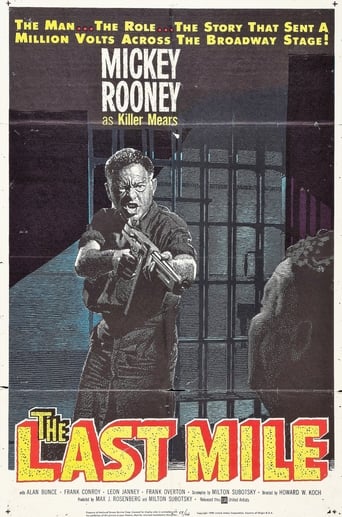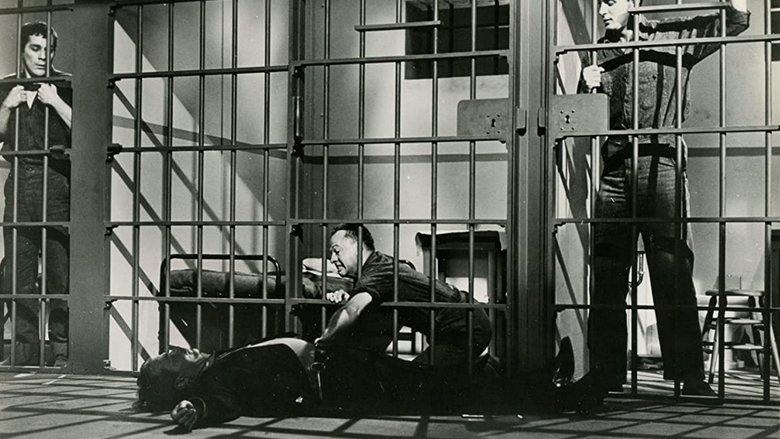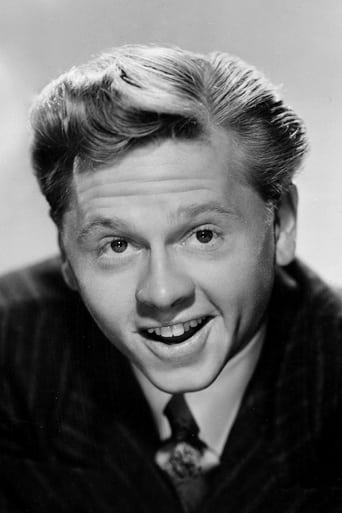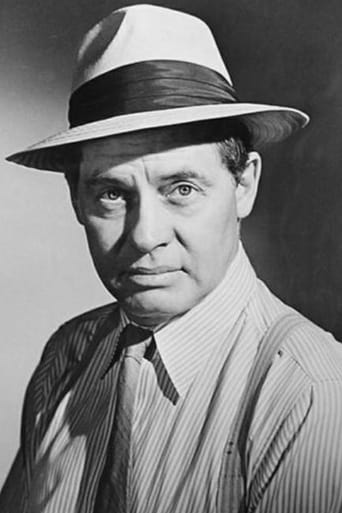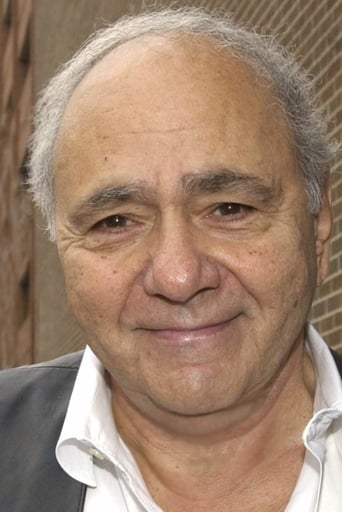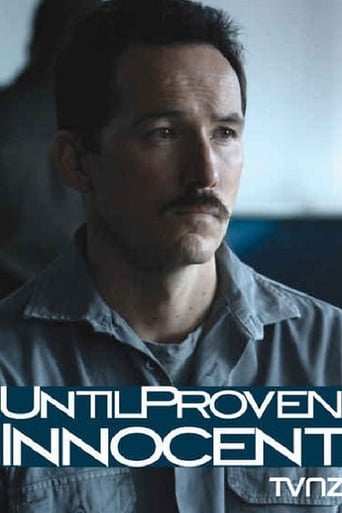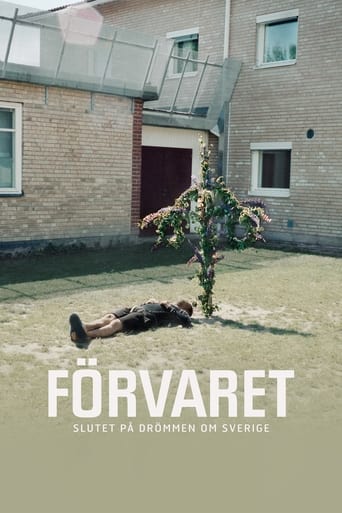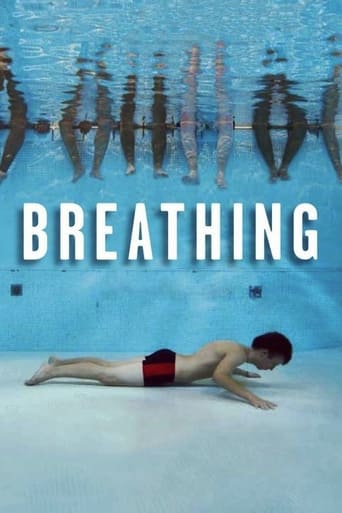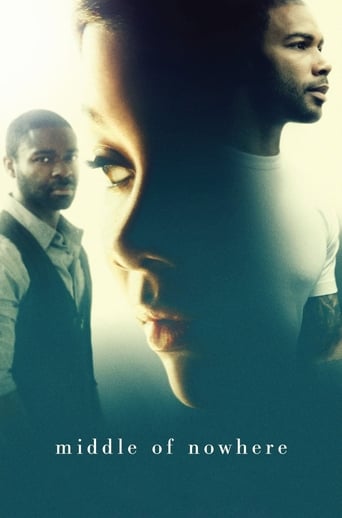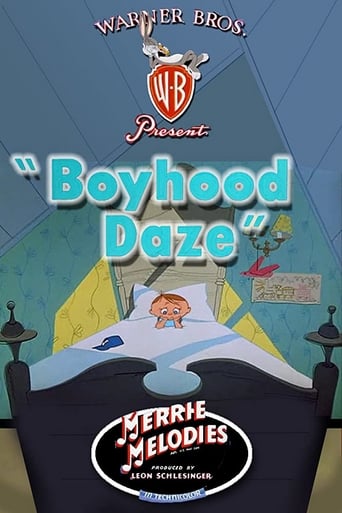The Last Mile (1959)
Jail house tensions mount as a killer's execution approaches.
Watch Trailer
Cast
Similar titles
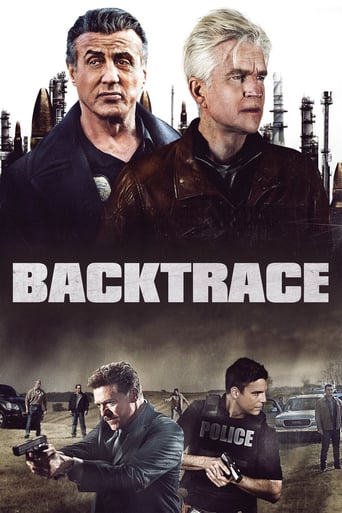

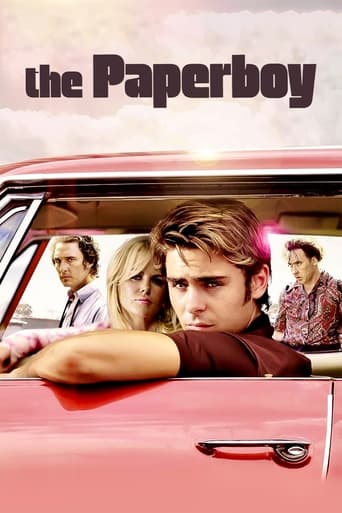
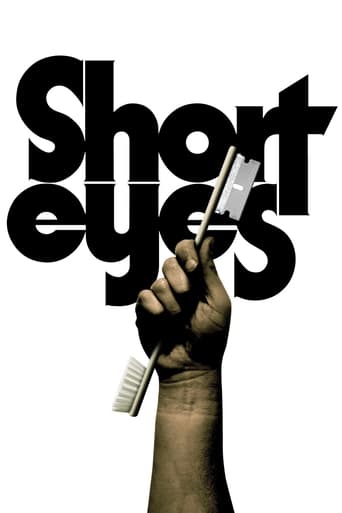
Reviews
Best movie of this year hands down!
When a movie has you begging for it to end not even half way through it's pure crap. We've all seen this movie and this characters millions of times, nothing new in it. Don't waste your time.
Let me be very fair here, this is not the best movie in my opinion. But, this movie is fun, it has purpose and is very enjoyable to watch.
There are moments in this movie where the great movie it could've been peek out... They're fleeting, here, but they're worth savoring, and they happen often enough to make it worth your while.
The Last Mile (1959) ** 1/2 (out of 4) Prison drama takes place on the Death Row floor as one man (Clifford David) finally accepts the fact that he's going to die later that night. Before that can happen, the most violent man (Mickey Rooney) in the joint manages to break free and release the other inmates and soon they're holding hostages. THE LAST MILE isn't the greatest prison flick you're going to see but I think it has enough interesting moments to make it worth sitting through once. Low budget master Howard W. Koch does a pretty good job at bringing the material to life and you've got to give him even more credit because the actual material isn't all that good to begin with. Koch at least brings a nice atmosphere to the film and I was also impressed with the visual style that he brought it. This is especially noticeable during the sequence where the David character is confessing to a Priest (Frank Overton) and the use of shadows was very impressive. I also thought he managed to bring some good tension towards the end of the film but it's too bad the screenplay didn't give him more chances at this early on. Perhaps I've seen too many "cute" Mickey Rooney roles but I always have a hard time believing him in some of his more adult things. He's playing a mad dog killer here and while I thought he did a fine job in regards to the performance, I still can't see him as much of a threat. I thought Overton was also good in the role of the Priest but the rest of the cast were very hit and miss. The screenplay was clearly the weakest aspect of the film as we never really get to know any of the characters and we don't even get to know why they're on Death Row. I thought the film didn't know if it wasn't to be a straight crime flick or if it wanted to send some sort of political message about killing people. The film even tries to make us "like" these men but not for a second did I want to see any of them succeed.
Man I didn't know what I was in for when I sat down to watch this brutal little gem. This portrait of a doomed attempted prison break from a death row cell block hits very hard, and it left me shaking my head in stunned silence.I'm not surprised to learn from other reviews here that this story began its life as a stage play; most of the action takes place on one set, it features an ensemble cast with multiple meaty roles, and the first half of the film works at a deliberate pace with longer takes and scenes than are conventionally cinematic. It walks a thin line, how to get across the agonizing boredom of being in such a lockup, without becoming boring itself? The answer is to spread dialog around, and to give a lot of weight to mundane events, magnifying tensions and emotions. It gives the excellent cast a lot of room to create, if not exactly sympathy, at least an understanding of where the characters are coming from.The second half (or maybe final third) of the movie is an altogether different animal, as the ticking timebomb of Mickey Rooney's John Mears explodes into violent retribution. Mears is a complicated character, an atheist and maybe a nihilist, but he cares deeply about his fellow death row inmates. Rooney's performance is AMAZING and dominates this section of the film. Also excellent are Clifford David as the youngest man on the row, next scheduled to be executed, and Frank Overton as Father O'Connors, the priest who gives the condemned men their last rites. His character shows tremendous courage as events spiral into bloodshed; he has a lot more backbone than the guards, who for the most part are sniveling, cowardly, sadistic creeps.And as others have noted, the jazz score is outstanding, dynamic, punchy, and powerful. It maybe calls attention to itself a little too much, but it's wildly effective in underlining and slapping exclamation points on events throughout the film.In short, terrific.
While the original 1932 version, with Preston Foster, was good, there's no remake more worthy than this 1959 one, or more impossible to find anywhere, just as I strongly suspect Mickey Rooney to have had something to do with that. Never could a mere performance have ever been so masterfully brilliant, or a script more thought-provoking, as well as an improvement upon the original. Many years after the last of my several viewings of this film, in 1970, I read an article in which Mickey Rooney was recounting a visit he'd made to death row, and which had apparently very drastically eliminated whatever sense of personal identification he'd felt with people in similar circumstances. The article was about as short as the main character here, and didn't cover much, other than the extent to which his extreme disillusionment with the quality of the inmates themselves had been emphasized, even in language I would not care to explicitly quote here. . . . . One of my main problems with capital punishment is that, of course, it is not evenly, impartially applied, just as many innocent people are far-too-carelessly, thus unnecessarily sent to meet this particular fate. Another problem I have with it is that it is not applied swiftly enough, or, for that matter, even publicly enough! The bible makes a special point, in such cases, about one of the more important purposes of such, as a deterrent, being ineffectually obscured, minus, not only a public viewing, but also the direct participation of all! As for those who claim to prove, statistically, that such is not an effective deterrent? In addition to having a problem about the reliability of their data, I have little if any objectively disprovable doubt many are behind bars now due to the extent that such a deterrent is lacking. However, I do have a problem about the fact that Robert Duvall, in The Apostle, had been punished at all, for his particular "crime," or that the only hope of leniency for one such as he would have to be based on a "temporary insanity" defense, as though that would serve as the only acceptable excuse in his kind of case. . . . In addition to various other questions concerning the motives of Mickey Rooney for that particular visit he'd recounted, and about the answers to which I can only try to speculate, I suspect the main one had been of a decidedly religious nature. I don't know exactly when he'd become the professing Christian he now makes it a special point, whenever possible, to emphasize that he is; but, as anybody should be well-aware, this particular category of people tends to be the most vehemently out for blood, when it comes to extracting an eye for an eye. However, I have no particular bone of contention concerning that, per se, just as there's no doubt, scripturally speaking, that not all, and perhaps not even most, shall be spared the same ultimate fate, at the hands of the Lord Himself, as a result of His sacrifice on the cross. However, there is a problem, for me, about the spirit or attitude with which most professing Christians emphasize their enthusiasm for capital punishment; for, contrary to the Lord Himself, who would love to see everybody saved (Ezekiel 18:32) (II Peter 3:9), they seem to go vindictively out of their way to find reasons to condemn! . . . What most people, on either side of this superlatively ever-burning issue, cannot appear to sufficiently appreciate, is that the Lord is as dynamically and elusively soft in nature as He is hard. The two sides of His nature appear to be so inherently incompatible as to render Him mentally deranged, at least by any strictly human reckoning. Yet, regardless of how harrowingly ungraspable this miraculously dynamic blending of the water and oil in His nature surely is, there can be no doubt that anything short of it, or anything fanatically and characteristically on either one side or the other of this equation, falls inadequately and unacceptably short of the entire judicial truth. Indeed, I've seen the most blood-curdling thirst for the same come out, self-contradictorily enough, on far-too-many occasions, whenever the categorically anti-death penalty advocates are confronted, even in the most rationally well-balanced ways, with the fact that, although the Lord died for everybody, not all are thereby going to be saved. After-all, in order to receive absolution, one must, to repeat the same term, reach out and receive it, that is, repent (Luke 13:3-5). Could anything make more sense? . . . But, then, what about the Lord's command to forgive, even in the case of one's enemies, of those who despise and persecute you without a just cause or provocation? One of the far-too-prevailing difficulties with this kind of sentimentality, as popularly misinterpreted, is the way it obscuringly over-simplifies the real meaning of forgiveness. The act of forgiveness does not, in itself, mean the same thing as unconditionally excusing the one being forgiven. When one takes a clearly sober, rationally well-balanced view here, from the perspective of God's own attitude, all it actually amounts to is a fervent wish that the one forgiven will ultimately succeed at finding his way, seeing the light, and being granted mercy. This attitude is, of course, the very opposite of, say, that of Jonah, who actually resented it when God told him that his preaching to the people of Nineveh would result in their repentance. Jonah didn't want them to repent, but vindictively desired that they be destroyed. How self-righteously, cold-bloodedly like unto most professing Christians he was, save that even his reasons were undoubtedly better than most! I envy Jonah almost as much as he would me! However, minus the repentance of the one being forgiven, any forgiveness he may receive from a genuine Christian is not going to do him any good. In such a case, the only one to benefit is the real Christian himself!
Having not seen this film in about 20 years I am still impressed with it 's hard -hitting impact and stellar acting. Of course, one Mr. Mickey Rooney is indeed, INCREDIBLE in his role as the ring-leading "Killer".(In reference to another review here-none other than Orson Welles evoked Mickey Rooney's name as the greatest movie actor,also.) I also recall the jazzy-brassy score and the bare black and white photography. I love the Mick's last line before he goes out for his dose of lead poisoning.(I think the Stranglers lifted it for a line in one of their songs-Get a Grip on Yourself.)This is a great film and unjustly buried film. Let's get it out ! Side note-a recent Film Review magazine gave a big write up on Don Segal's "Babyface Nelson" ,made a couple years before "Last Mile" and also starring Mickey Rooney. Another rave of the Mick's intense and sympathetic performance.Perhaps it's the start of a groundswell of a appreciation for some truly superior cinematic performances.
